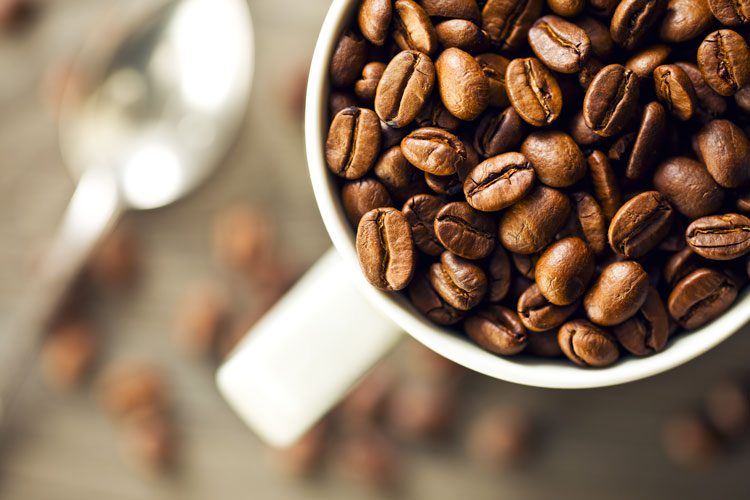The Subject Is Substitute Addictions—What They Are and What to Do About Them
Sometimes a substitution can be a good thing.
Maybe your coach notices that you are breathing hard and puts in a sub to give you a break.
Maybe you don’t like mayo on your sandwich so you ask for mustard instead.
Maybe you haven’t fully prepared for the test, so a substitute teacher who shows a movie is a welcome reprieve.
There are any number of ways a substitution might work to your benefit.
But there are plenty of ways a substitution can be a problem as well. For example, if you are a person in recovery from a substance use disorder, you need to be wary of substitute addictions.
What Are Substitute Addictions?
It would be wonderful if getting sober meant you would never be tempted to use drugs or alcohol again. Unfortunately, that is seldom the case. Sometimes—even when you are successfully avoiding old habits—the cravings and temptations have a way of shifting to other areas of your life.
When this happens, you may be developing a substitute addiction. You have replaced your addiction to drugs or alcohol with an addiction to something else.
Like what, you ask? Let’s look at some common substitute addictions.
Food & Beverage Substitutions
Often, giving up drugs or alcohol can lead to issues around food. Maybe you turn to your personal comfort foods—which may well be high in calories and sugar. Eating these sorts of foods can deliver a substitute version of the rush you used to get from drugs, but it comes at a cost. Poor nutritional choices can lead to reduced energy levels, increased weight, and increased likelihood of a relapse.
Caffeine can also serve as a substitute for a person in recovery. It is, after all, a drug in its own right. A person in recovery might turn to soda, coffee, tea, or energy drinks to try to get a boost in the morning and throughout the day. But the wakeup can come with a dose of the jitters and an increase in feelings of anxiety—and ongoing anxiety puts your recovery at risk.
Money Substitutions
Some substitute addictions can have a devastating effect on your financial well-being. For example, you might develop a gambling problem while in recovery because the positive feelings associated with winning keep reeling you in—even when you know your losses are adding up.
But you don’t have to engage in games of chance to end up with a money-related substitute addiction issue. Some people develop an addiction to shopping and the positive feelings that can come with acquiring something—even something they don’t necessarily want or need.
Serious money problems can, of course, undermine many aspects of your life—including your efforts to maintain your sobriety.
Behavior-Based Substitutions
In some cases, an activity can develop into a substitute addiction. As a rule, these activities are fine—even healthy—in moderation, but the quest for positive feelings can lead to more obsessive patterns of behavior.
For example, some people develop a problematic relationship with sex. This might involve relentlessly seeking out partners (or turning to sex workers) or compulsive masturbation. Others develop an unhealthy relationship with video games, playing them to excess and to the exclusion of other responsibilities because the games provide positive feelings with each level cleared or puzzle solved. Still others might develop a substitute addiction centered on exercise, taking their quest for physical health to such extremes that they actually harm both their physical and mental health.
A person who might be called a “workaholic” also falls into this category. If you find yourself spending endless hours on the job (even when neither your workload nor your boss requires that you do), it is possible that you are developing a substitute addiction around your work.
There Is No Substitute for Treatment
If you have developed a substance use disorder, it is imperative that you seek out evidence-based, compassionate care—like the care on offer at Wooded Glen Recovery Center. Our rehab facility in Indiana can help you reclaim your sobriety so you can start your recovery journey feeling well equipped to handle the inevitable bumps in the road.
And if one of those bumps in the road turns out to be a substitute addiction, we can help you get back on track via the same cognitive behavioral therapy approach that is central to our rehabilitation program.
Our goal is simple: We want to help you make an essential substitution—replacing the use of drugs or alcohol with sustainable sobriety.

